Shadow Transport Secretary Andy McDonald has given his backing to hydrogen train technology, but warns that it should not come at the expense of further electrification.
The alternative fuel has recently emerged as a contender to replace ageing diesel multiple units (DMUs), due to its low emissions and emerging commercial viability. It also requires the introduction of less physical infrastructure than electrifying new routes - the gas can be carried in onboard tanks that are refuelled at the start and finish of daily diagrams, in a similar way to DMUs.
The technology, which combines hydrogen and oxygen in fuel cells to generate power instead of combustion, is currently being developed by students at the Birmingham Centre for Railway Research and Education (BCRRE).
Meanwhile, hydrogen trains built by Alstom are currently on test in Germany, while the train manufacturer is also working with Eversholt to convert Class 321 electric multiple units to hydrogen power for use on the UK network (RAIL 840).
Secretary of State for Transport Chris Grayling has described the technology’s introduction as “a priority” (RAIL 845), with the new East West Rail link cited as a possible route for deployment once construction of the line is complete in the mid-2020s.
Speaking on a visit to BCRRE on July 30, McDonald agreed that hydrogen offers clear environmental advantages over diesel traction, but he added that government should not use it as a way to avoid the cost and disruption associated with extending electrification across the network.
- For the FULL story, read RAIL 859, published on August 15, and available digitally from August 11 on Android/iPad.

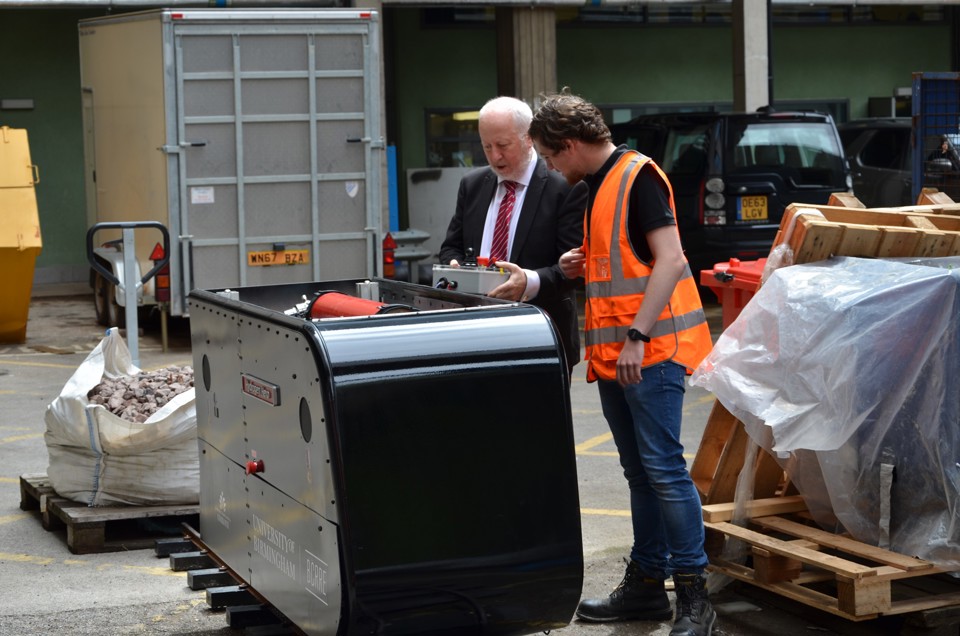
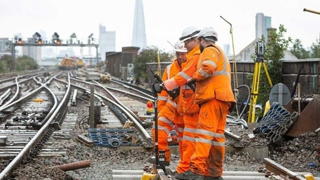
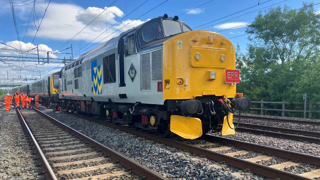
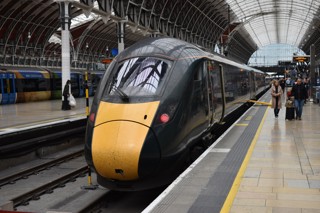
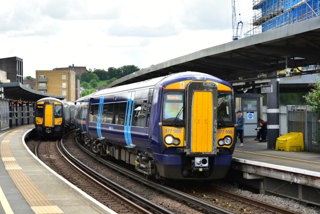
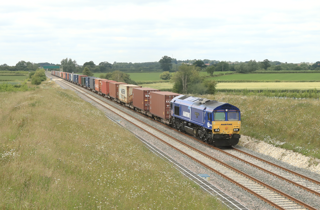










AndrewJG8918 - 08/08/2018 04:59
What about converting Class 317 EMU’s as Hydrogen trains or Bi-Mode trains to be used in the Southwest of England, Midlands and Northern England. Plus Northern Ireland could benefit having older trains that were built in England in the 1970’s/80’s and to help boost services in Northern Ireland and perhaps transfer the older British built trains to be cascaded to the Republic of Ireland to help them boost their railways with extra trains and extra services being added. Whilst England, Wales and Scotland will continue to have new trains, aswell to serve the railways across the country and to serve towns and cities with new trains built and in service. Including places-Manchester, London & Southeast, Birmingham & West Midlands, Leeds & Yorkshire, North of England, Glasgow, Edinburgh, Newcastle, Cornwall, East Anglia & Essex, Swansea and Cardiff.